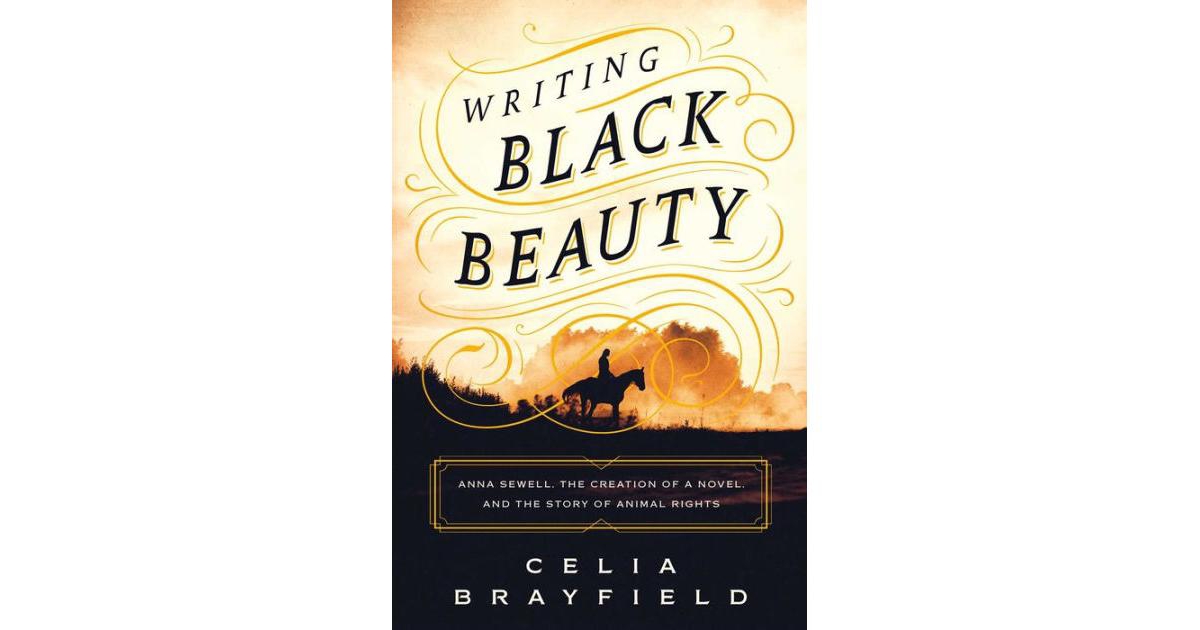The story of a remarkable woman who wrote a novel that not only became a classic, but also changed the way human society views and treats animals. Born in 1829 to a young Quaker couple, Anna Sewell grew up in poverty in London. She was fourteen when she fell and injured her ankle, which left her permanently disabled. Rejecting the life of a Victorian invalid, she developed an extraordinary empathy with horses, learning to ride side-saddle and to drive a small carriage. Rebellious and independent-minded, Anna suffered periods of severe depression as a young woman. She left the Quaker movement, but remained close friends with the women writers and abolitionists who had been empowered by its liberal principles. It was not until she became terminally ill, aged 51, that she found the courage to write her own book. Tragically, she died just five months after the book was published in 1877. Black Beauty is now recognised as the first anthropomorphic novel, and it had an extraordinary emotional impact on readers of all ages. After modest success in Britain, it was taken up by a charismatic American, George Thorndike Angell, a campaigner against animal cruelty who made it one of the bestselling novels of all time. Using newly discovered archive material, Celia Brayfield shows Anna Sewell developing the extraordinary resilience to overcome her disability, rouse the conscience of Victorian Britain and make her mark upon the world.











